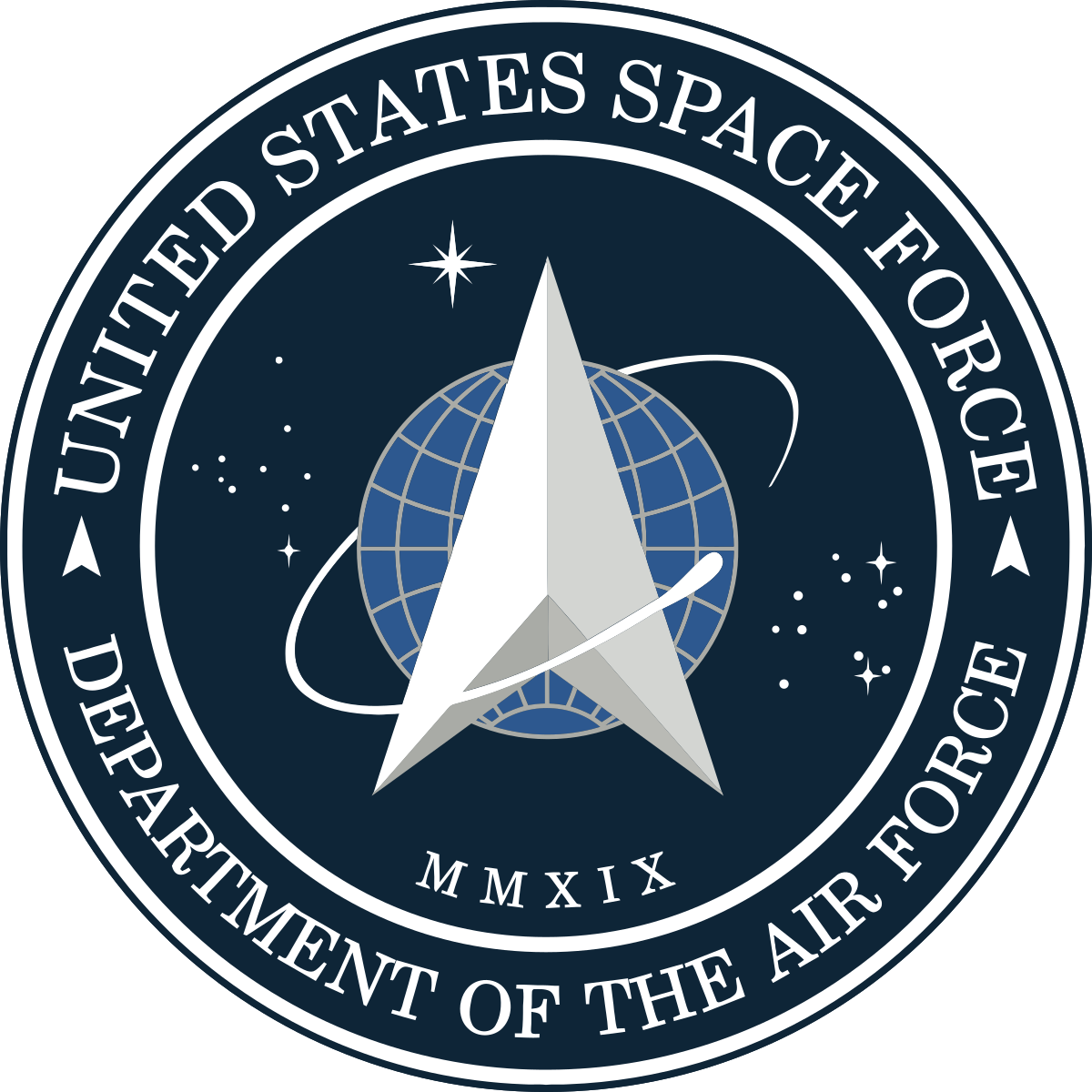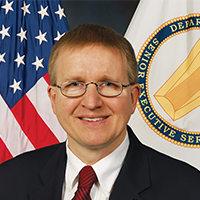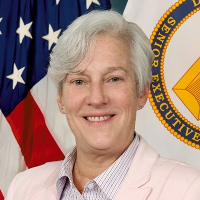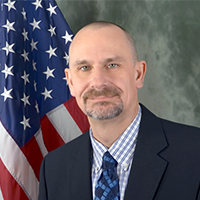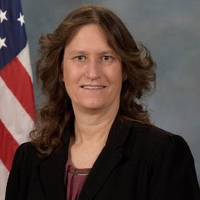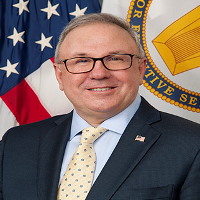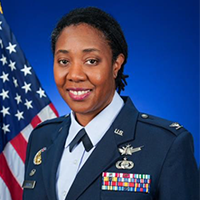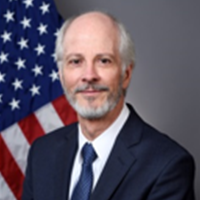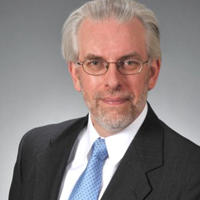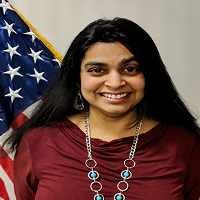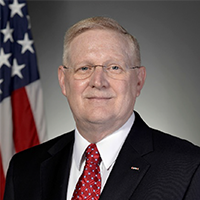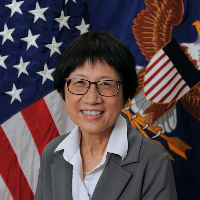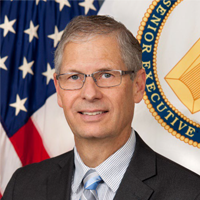4th ANNUAL NDSEG CONFERENCE Building and Strengthening US Doctoral Power: Embracing the Possibilities. Location: Hilton Palacio Del Rio, San Antonio Texas July 30th - August 3rd, 2023.
The NDSEG Conference Registration will close on July 14th
"Advancing National Defense Through Innovative DoD Research and Collaboration by Building and Strengthening US Doctoral Power"
The National Defense Science and Engineering Graduate (NDSEG) Fellowship program provides Fellows with the opportunity to pursue a doctoral degree in science and engineering disciplines of military importance. The NDSEG Fellowship is highly competitive and since its inception in 1989, has awarded nearly 4700 fellowships from over 70,000 applications to U.S. citizens and nationals who pursue a doctoral degree in one of fifteen supported disciplines at a U.S. institution of their choosing. Disciplines include the following: Aeronautical and Astronautical Engineering, Biomedical Engineering, Biosciences (includes toxicology), Chemical Engineering, Chemistry, Civil Engineering, Cognitive, Neural, and Behavioral Sciences (Note: PsyD programs are not eligible), Computer and Computational Sciences, Electrical Engineering, Geosciences (includes terrain, water, and air), Materials Science and Engineering, Mathematics, Mechanical Engineering, Naval Architecture and Ocean Engineering (includes undersea systems), Oceanography (includes ocean acoustics, remote sensing, and marine meteorology), Physics (including optics) and Space Physics
The NDSEG Fellowship is sponsored by the Air Force Office of Scientific Research (AFOSR), the Army Research Office (ARO), and the Office of Naval Research (ONR) under the direction of the Office of the Under Secretary of Defense for Research & Engineering
As a part of the NDSEG’s Terms of Appointment, Fellows are required to attend a conference during their tenure. This year will be the 4th Annual Conference and will represent the 2021 Class Fellows who are currently in their second year of the NDSEG sponsored program. The conference provides Fellows with an opportunity to meet and network with Current and Former Fellows, DoD Senior Officials and Scientists and Engineers, and industry Researchers as well learning about DoD employment, internships, mentorships, and other research funding opportunities. Fellows are also able to showcase their research, attend technical presentations, participate in poster sessions, visit with Exhibitors, and tour DoD sponsored research centers.
 July 30, 2023 04:00 pm
July 30, 2023 04:00 pmJeopardy Game, Speed Research
 July 30, 2023 05:00 pm
July 30, 2023 05:00 pm July 30, 2023 06:00 pm
July 30, 2023 06:00 pm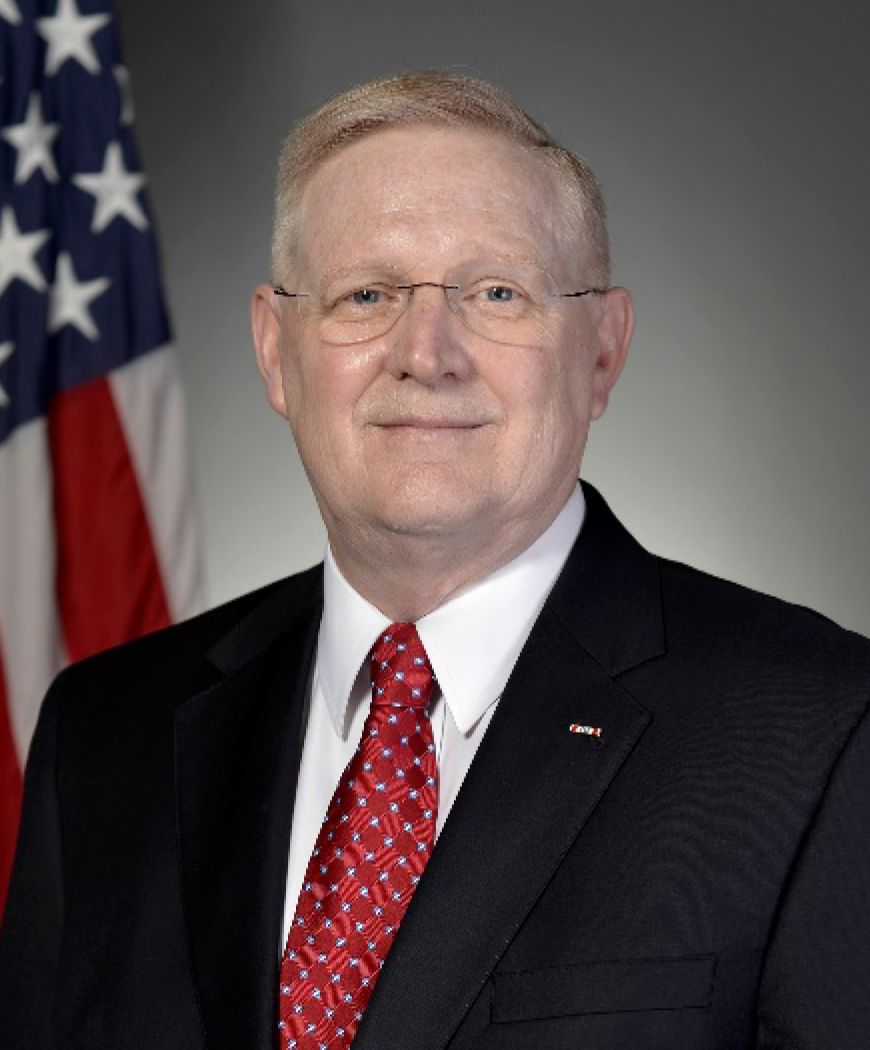
Dr. William Roach
Chief Scientist, Air Force Office of Scientific Research, Air Force Research Laboratory
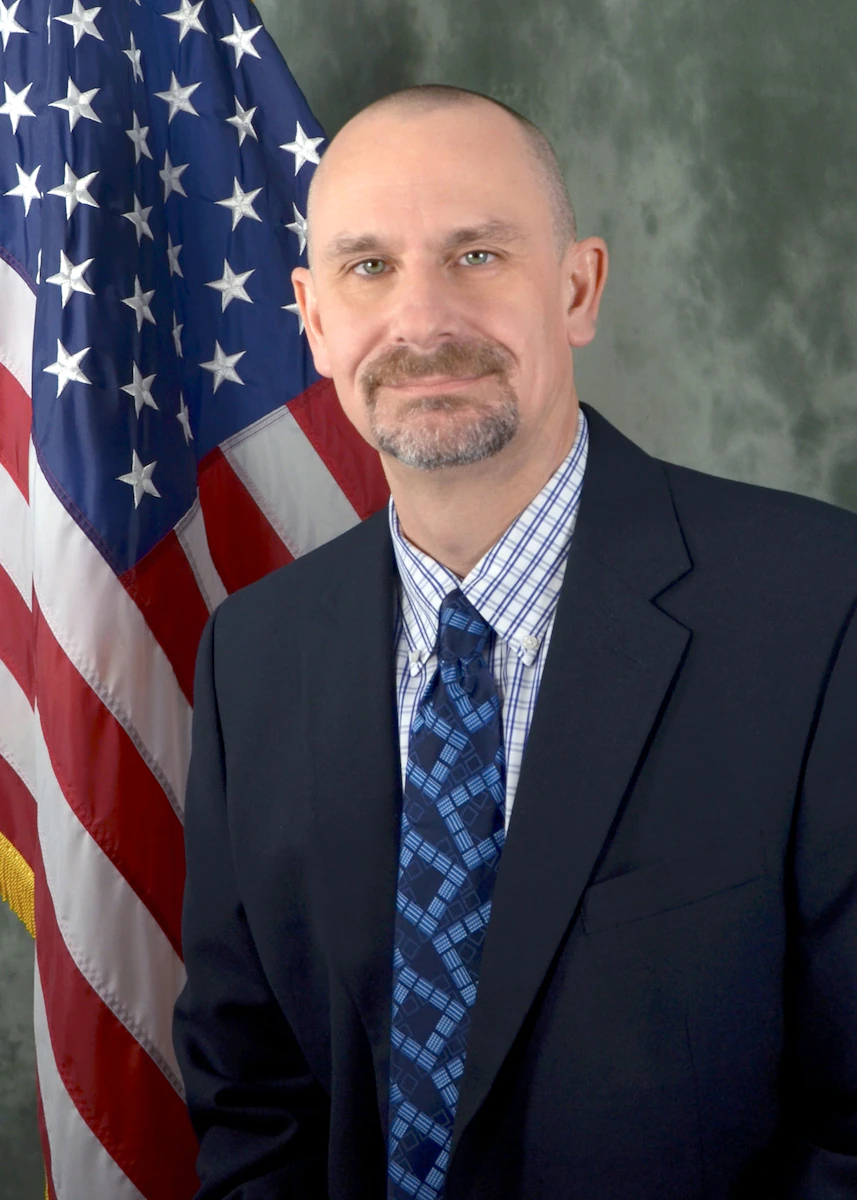
Dr. Timothy Bunning
Chief Technology Officer, Air Force Research Laboratory
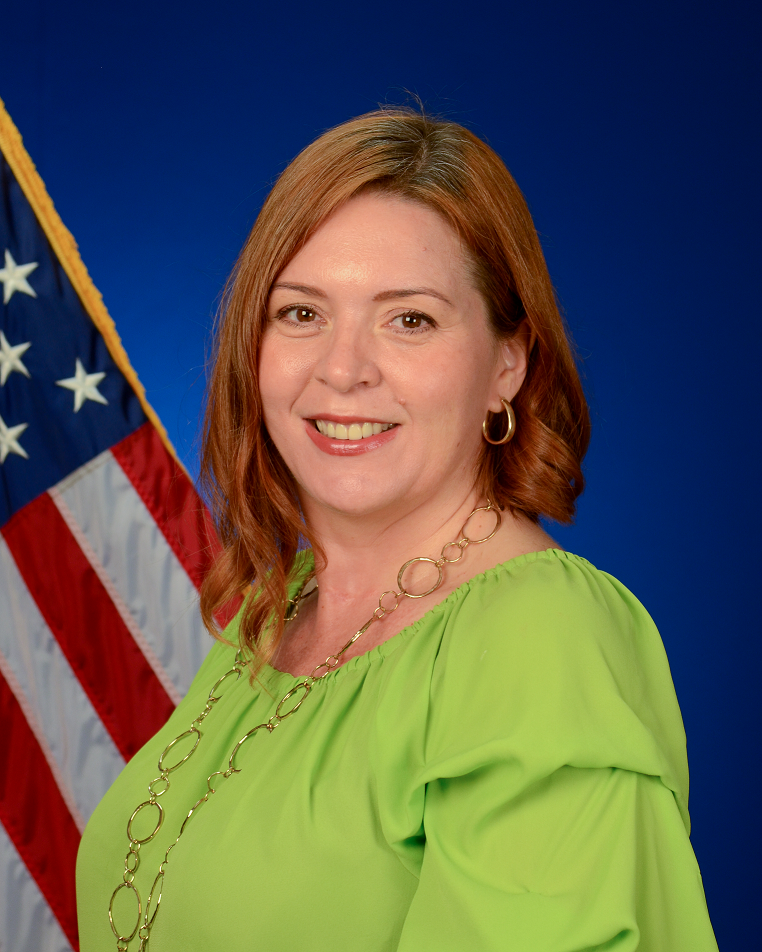
Dr. Irina Pala
Science and Engineering Division/ AFOSR
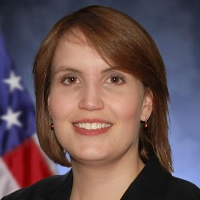
Dr. Leslie Blaha
Deputy Chief Scientist, AFOSR
 July 30, 2023 06:00 pm
July 30, 2023 06:00 pm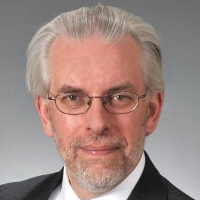
Dr. Peter Matic
Associate Director of Research, Materials Science and Component Technology Directorate, U.S. Naval Research Laboratory
 July 30, 2023 06:00 pm
July 30, 2023 06:00 pm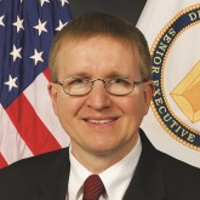
Dr. Patrick Baker
U.S. Army Combat Capabilities Development Command Army Research Laboratory
 July 30, 2023 07:00 pm
July 30, 2023 07:00 pm July 30, 2023 01:30 pm
July 30, 2023 01:30 pm July 31, 2023 07:00 am
July 31, 2023 07:00 am July 31, 2023 08:00 am
July 31, 2023 08:00 am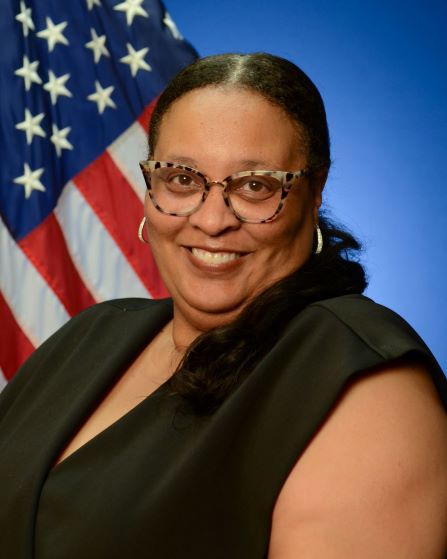
Ellen Robinson
Air Force Research Laboratory/Air Force Office of Scientific Research
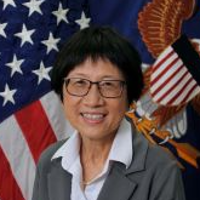
Ms. Heidi Shyu
Chief Technology Officer, Under Secretary of Defense for Research and Engineering, Department of Defense
08:00 - 08:10 National Anthem (Posting of Colors)
08:10 - 08:15 DoD Formal Welcome & Conference Purpose: Ellen Robinson
08:15 - 08:20 Introduction of Guest Speaker: Ellen Robinson
08:20 - 08:50 Guest Speaker: The Honorable Ms. Heidi Shyu
08:50 - 09:00 Ceremony Wrap Up (house keeping/Agenda Review): Ellen Robinson
 July 31, 2023 09:00 am
July 31, 2023 09:00 am
Dr. Timothy Bunning
Chief Technology Officer, Air Force Research Laboratory
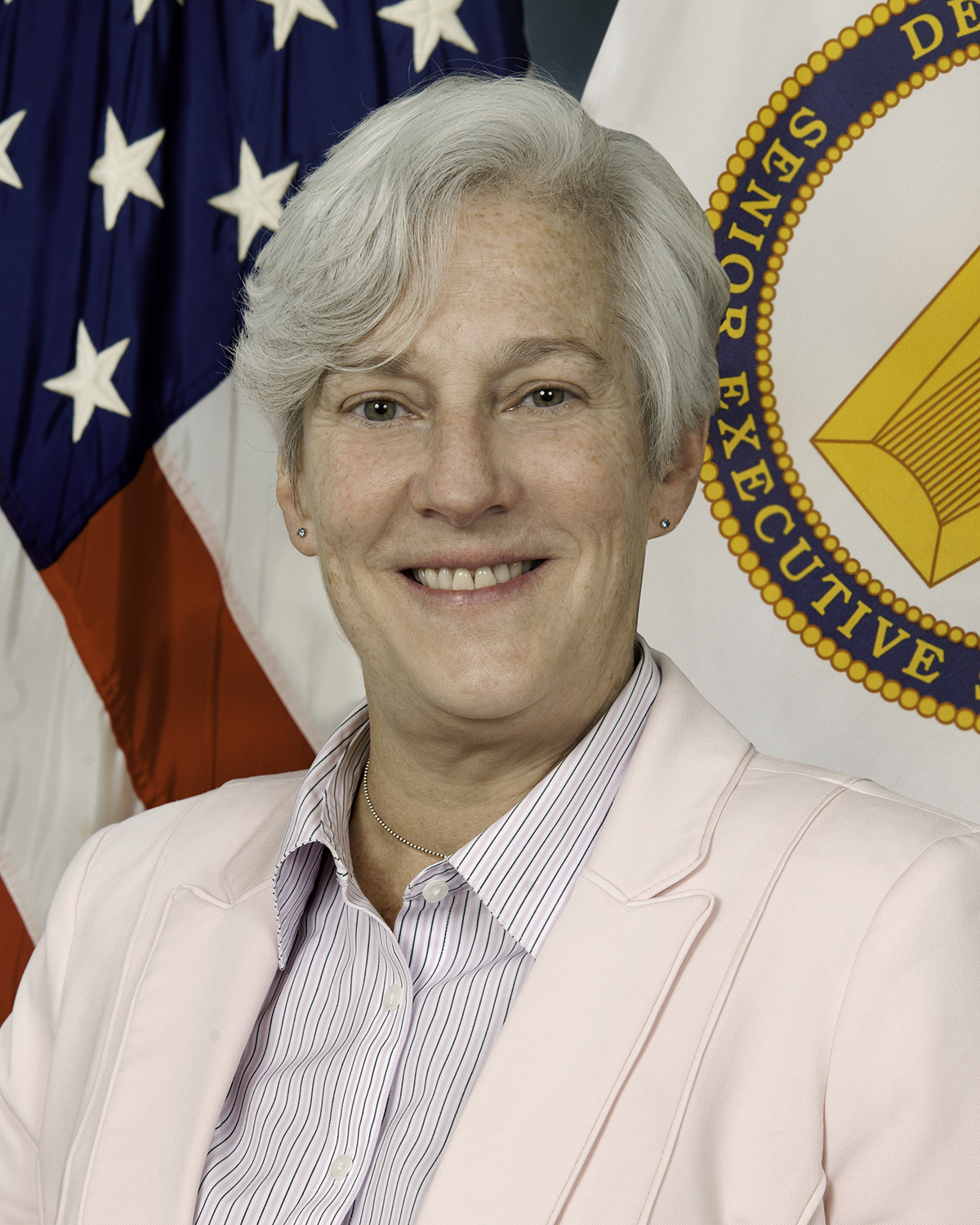
Ms. Cynthia Bedell
Director, Combat Capabilities Development Command, Army Futures Command, Army Research Laboratory

Dr. Peter Matic
Associate Director of Research, Materials Science and Component Technology Directorate, U.S. Naval Research Laboratory
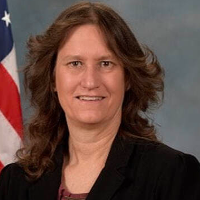
Dr. Michele Gaudreault
Deputy Chief Scientist, Space Operations Command, United States Space Force
09:00 - 09:30 Air Force: Dr. Timothy Bunning
09:30 - 10:00 Army: Ms. Cynthia Bedell
10:00 - 10:30 Navy: Dr. Peter Matic
10:30 - 11:00 Space Force: Dr. Michelle Gaudreault
 July 31, 2023 11:00 am
July 31, 2023 11:00 am July 31, 2023 10:30 am
July 31, 2023 10:30 am
Dr. William Roach
Chief Scientist, Air Force Office of Scientific Research, Air Force Research Laboratory

Ms. Cynthia Bedell
Director, Combat Capabilities Development Command, Army Futures Command, Army Research Laboratory

Dr. Peter Matic
Associate Director of Research, Materials Science and Component Technology Directorate, U.S. Naval Research Laboratory

Dr. Michele Gaudreault
Deputy Chief Scientist, Space Operations Command, United States Space Force
11:10 - 11:30 Air Force: Dr. Pat Roach
11:30 - 11:50 Army: Ms. Cynthia Bedell
11:50 - 12:10 Navy: Dr. Peter Matic
12:10 - 12:30 Space Force: Dr. Michelle Gaudreault
 July 31, 2023 12:30 pm
July 31, 2023 12:30 pm
Dr. William Roach
Chief Scientist, Air Force Office of Scientific Research, Air Force Research Laboratory
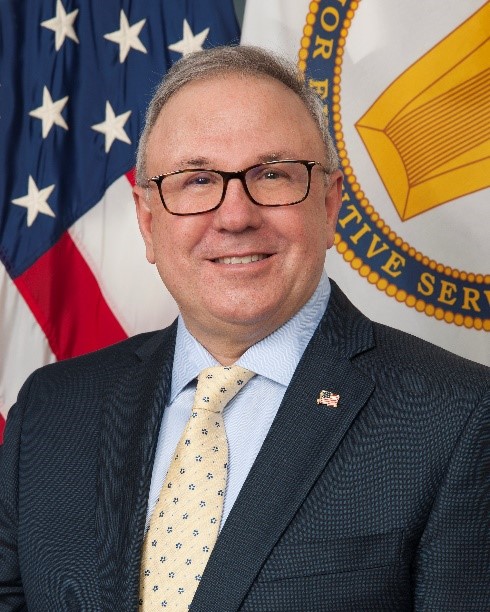
Dr. Barton Halpern
Director, Army Research Office, Army Research Laboratory

Dr. Peter Matic
Associate Director of Research, Materials Science and Component Technology Directorate, U.S. Naval Research Laboratory

Dr. Michele Gaudreault
Deputy Chief Scientist, Space Operations Command, United States Space Force
12:30 - 01:00 Lunch (Plated)
01:00 - 01:45 DoD Panel Discussion: 2023 National Defense Science and Technology Strategy - Ensuring the foundations for research and development
Air Force: Dr. William "Pat" Roach;
Army: Dr. Barton Halpern;
Navy: Dr. Peter Matic;
USSF: Dr. Michele Gaudreault
 July 31, 2023 01:40 pm
July 31, 2023 01:40 pm2 Hours (Meet in the Lobby to board the bus for tour at 1:45PM - 4:00PM)
 July 31, 2023 01:30 pm
July 31, 2023 01:30 pm2.5 Hours (Meet in the lobby at 1:30PM to board the bus for tour at 2:00PM - 4:00PM)
 July 31, 2023 02:00 pm
July 31, 2023 02:00 pmPoster/Exhibit Hall Open
 July 31, 2023 02:00 pm
July 31, 2023 02:00 pm02:00 - 02:15 Kyle Bystrom, Machine Learning for Accurate and Efficient Electronic Structure Calculations, ONR
02:15 - 02:30 Coleman Fincher, Using Engineered Stresses to Prevent Short-Circuit Failures in Solid State Batteries, ONR
02:45 - 03:00 James Glazar, GENTLEChrO: Glassy Energy Navigation respecting Territorial Length-scales of Chromosome Organization, AFOSR
03:00 - 03:15 Sebastian Rodriguez, Characterizing Human Skin Biomechanics for the Design of Protective Applique, AFOSR
03:15 - 03:30 Christopher Jackson, Modernization of Standards and Test Methods For Adhesives, ARO
03:30 - 03:45 Joseph Kern, Designing (De)Polymerizable Polymers Using Automation, Machine Learning, and Generative Algorithms, ONR
 July 31, 2023 02:00 pm
July 31, 2023 02:00 pm02:00 - 02:15 Matthew Gaydos, LEO Uplink Latency and Power Analysis, AFOSR
02:15 - 02:30 James Gruber, A 220GHz 4QAM Transmitter on BiCMOS, ONR
02:45 - 03:00 Philip Jacobsen, Multi-Sensor Fusion of Center-Based Objects, AFOSR
03:00 - 03:15 Russell Kenney, Simultaneous Navigation and Synchronization, ONR
03:15 - 03:30 Bernice, Kubicek, Active Sonar Automatic Target Recognition Using Explainable Artificial Intelligence, ONR
03:30 - 03:45 Arjun Desai, Physics-Driven Data Priors for Robust Self-Supervised Accelerated MRI Reconstruction, ARO
 July 31, 2023 02:00 pm
July 31, 2023 02:00 pm02:15 - 02:30 Victoria Edwards, Macroscopic Ensemble Modeling and Control of Robot Teams in Unknown Dynamic Environments, ONR
02:45 - 03:00 Jake Elkins, Online Learning for Adaptive Control, ARO
03:00 - 03:15 Amy Fang, Automated Task Updates of Temporal Logic Specifications for Heterogeneous Robots, ONR
03:15 - 03:30 Joshua Fernandez, Human-Centered Coordination for Robot-Assisted Transport of Personal Protective Equipment, ONR
03:30 - 03:45 Stephen Foster, Statistical Homogenization of Realistic, Non-Periodic Particle Morphologies for Ductile Damage Modeling in Metals, ARO
 July 31, 2023 02:00 pm
July 31, 2023 02:00 pm02:00 - 02:15 Siddartha Devic, Fairness in Matching under Uncertainty, ONR
02:15 - 02:30 Theo Diamandis, Optimization for Photonic Design, ARO
02:45 - 03:00 Ethan Fahnestock, Leveraging Far-Field Information for Navigation, ARO
03:00 - 03:15 Joey Hejna, Data-Driven Robotics with Reinforcement Learning, ARO
03:15 - 03:30 Tyler LaBonte, Towards Last-Layer Retraining for Group Robustness in Deep Learning, ARO
03:30 - 03:45 Belinda Li, Language Modeling 
with Latent Situations, ONR
 July 31, 2023 03:00 pm
July 31, 2023 03:00 pm
Ellen Robinson
Air Force Research Laboratory/Air Force Office of Scientific Research
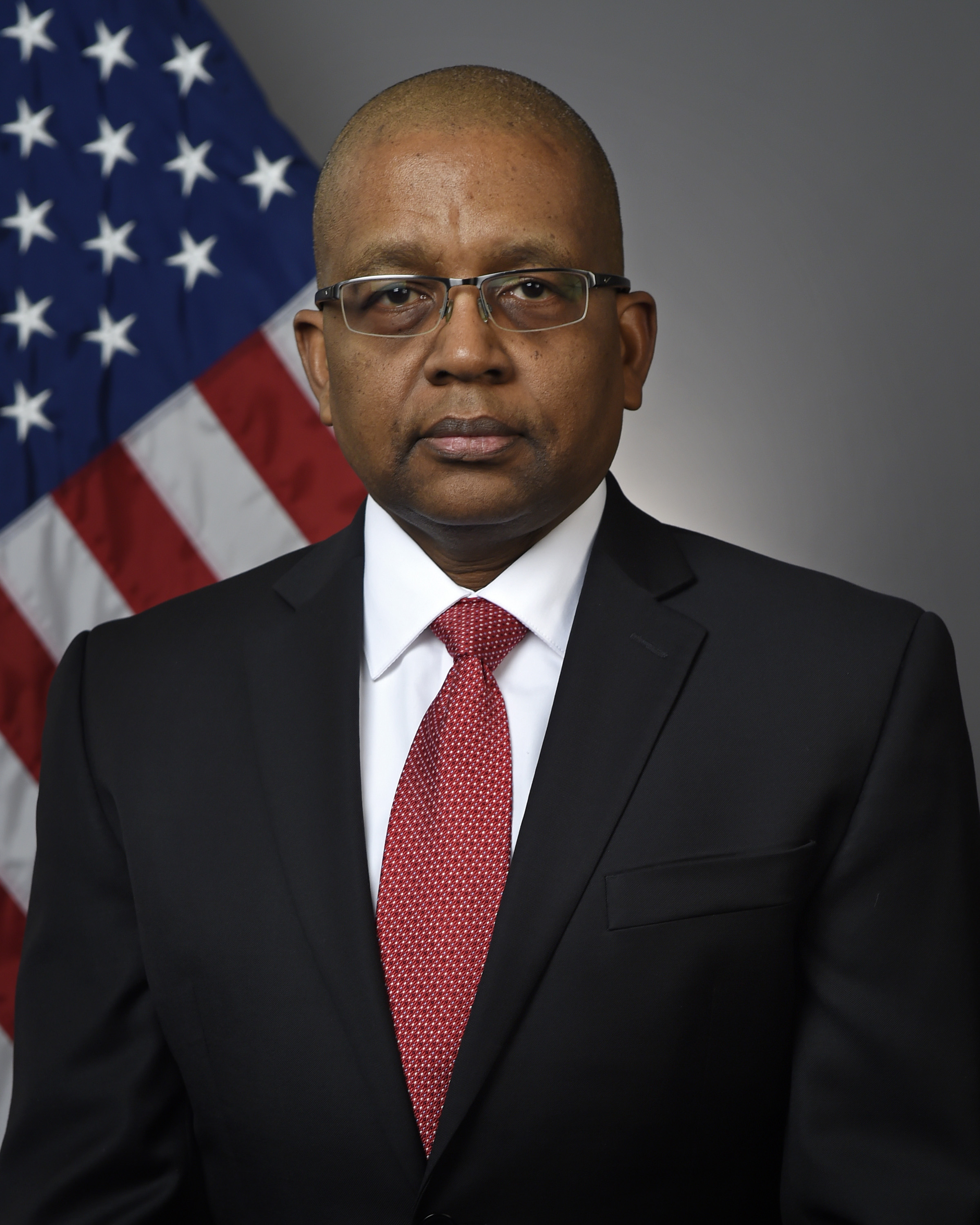
Dr. Reginald Williams
Office of Naval Research
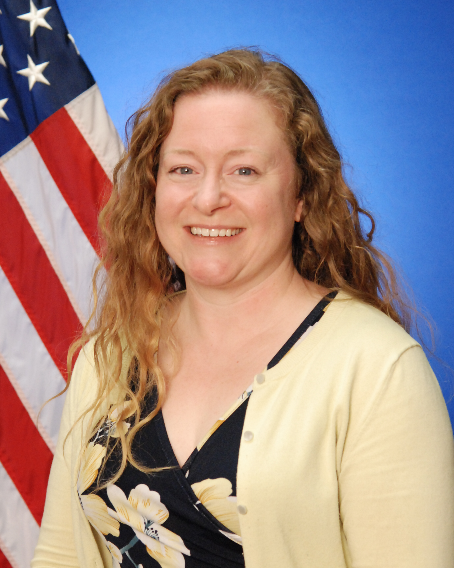
Katie Wisecarver
Air Force Office of Scientific Research
03:00 - 03:15 AF: Ellen Robinson (YIP)
03:15 - 03:25 Navy: Dr. Reginald Williams (YIP)
03:25 - 03:45 AF: Katie Wisecarver (DURIP & MURI)
 July 31, 2023 03:45 pm
July 31, 2023 03:45 pm July 31, 2023 04:00 pm
July 31, 2023 04:00 pm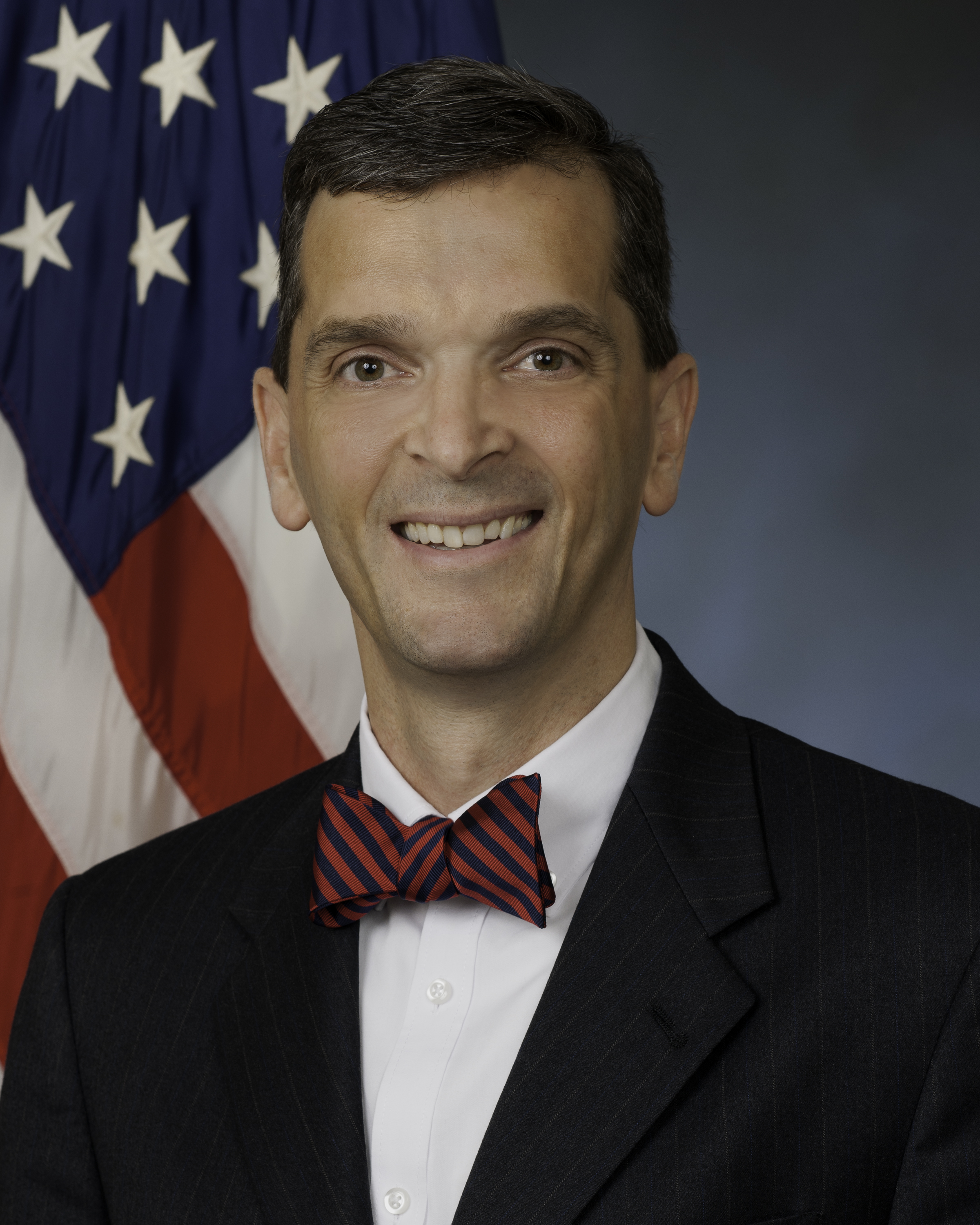
Dr. David Stepp
Chief Scientist, DEVCOM ARL Army Research Office
 July 31, 2023 04:00 pm
July 31, 2023 04:00 pm04:00 - 04:15 Matthew Lanetti, Design and Synthesis of Next-Generation Anion-Shuttle Batteries, ONR
04:15 - 04:30 Nicholas Lauersdorf, Programmable Binary Active Mixtures, ARO
04:30 - 04:45 Jonathan Lee, Towards a New World Record HTS Magnet: The Little Big Coil at NHMFL, ONR
04:45 - 05:00 Jose Martinez, Leveraging colloidal assembly to texture hexaferrites to enable better performance in RF, AFOSR
 July 31, 2023 04:00 pm
July 31, 2023 04:00 pm04:00 - 04:15 Joshua Lederman, Real-Time Blind Photonic Interference Cancellation for Wireless Networks, ARO
04:15 - 04:30 Theodore Letsou, Ultrafast Mid-Infrared Photonics, ARO
04:30 - 04:45 Henry Love, A 16GS/s Continuous-Time Photonic ADC, ARO
04:45 - 05:00 Owen Medeiros, Superconducting Nanowire Electronics, AFOSR
 July 31, 2023 04:00 pm
July 31, 2023 04:00 pm04:00 - 04:15 Mathew Haskell, Robust and Optimal Control, ONR
04:15 - 04:30 Travis Leadbetter, Stochastic thermodynamics with internal variables, ARO
04:30 - 04:45 Olivia Martin, Triadic Interactions in Rectangular Supersonic Screeching Jets, AFOSR
04:45 - 05:00 Javier Morales, Heterogeneous polymer composites for high stiffness 4D printed electrically controllable multifunctional structures, ARO
 July 31, 2023 04:00 pm
July 31, 2023 04:00 pm04:00 - 04:15 Sara McAllister, Efficient & Sustainable Data Retrieval at Scale, AFOSR
04:15 - 04:30 Eshaan Nichani, Provable Guarantees for Nonlinear Feature Learning in Three-Layer Neural Networks, ONR
04:30 - 04:45 Aidan Perreault, Approximating binary distributions using hyperplane rounding, ONR
04:45 - 05:00 Aaron Ray, The Softdrone Platform - Dynamic vision-based aerial grasping with a soft manipulator, ONR
 July 31, 2023 05:00 pm
July 31, 2023 05:00 pm August 1, 2023 07:30 am
August 1, 2023 07:30 am August 1, 2023 08:00 am
August 1, 2023 08:00 amPoster/Exhibit Hall Open
 August 1, 2023 08:00 am
August 1, 2023 08:00 am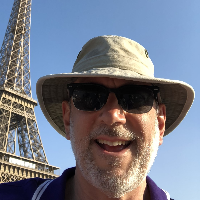
Mr. John Karasek
Supervisory Intellectual Property Counsel, Office of Naval Research,
John Karasek, Navy
 August 1, 2023 08:00 am
August 1, 2023 08:00 am08:00 - 08:15 Nathan Miller, Accelerated Quantum State Tomography with Machine Learning Applications, AFOSR
08:15 - 08:30 Jerome Quenum, Lithium Metal Battery Quality Control via Transformer–CNN Segmentation, AFOSR
08:30 - 08:45 Mohammad Shahili, GaAs-based Quantum Cascade Laser Emitting above 5 THz, AFOSR
08:45 - 09:00 Mayuri Sridhar, Robust Best Arm Identification With Strongly- Adaptive AdversariesRobust Best Arm Identification With Strongly- Adaptive Adversaries, ONR
09:00 - 09:15 Benjamin Domae, Machine Learning for Millimeter-Wave Beam Alignment, Tracking, and Prediction, AFOSR
09:15 - 09:30 Noelle Davis, Towards decoding eccrine sweat with wearable, multimodal, scalably fabricated sensors, AFOSR
09:30 - 09:45 Linden Yuan, AFOSR, Sequence Evolution: Spectral Gaps of Insertion–Deletion Models
 August 1, 2023 08:00 am
August 1, 2023 08:00 am08:00 - 08:15 Nathaniel Mcllwaine, Hardness of High-Entropy Thin Film Transition Metal Carbides and Borides, ONR
08:15 - 08:30 Natalie Mueller, Mechanically-Adaptive, Resveratrol-Eluting Neural Probes, ARO
08:30 - 08:45 Rachel Orenstein, Bi-Sb semiconducting alloys for thermoelectric applications: a Landauer approach, ONR
08:45 - 09:00 Adie Alwen, Discovering Novel Film Microstructures and Morphologies by Exploring Sputtering Synthesis Domains, AFRL
09:00 - 09:15 Gautam Bordia, Field-induced explosive emulsification, ARO
09:15 - 09:30 Mari-Therese Burton, Enhanced Hardness and Thermal Stability in a Complex Nanocrystalline Nickel Alloy, AFRL
 August 1, 2023 08:30 am
August 1, 2023 08:30 am2.5 Hours (Meet in the lobbay at 8AM to board the bus for tour)
 August 1, 2023 08:00 am
August 1, 2023 08:00 am08:00 - 08:15 Joshua Vandervort, Optical Diagnostics for Hypersonic Flows, AFOSR
08:15 - 08:30 Robert Wang, Diagnostics for Rotating Detonation Engines, AFOSR
08:30 - 08:45 Brian Wyatt, High-temperature metal carbides derived from 2D MXenes for extreme environment applications, ARO
08:45 - 09:00 Christian Mercado, Rational Cathode Design for H2O2 Fuel Cells, ONR
09:00 - 09:15 Bolutito Babatunde, ONR
09:15 -09:30 Jack-Wiliam Barotta, Chiral Wave-Propelled Active Particles​, ARO
 August 1, 2023 08:00 am
August 1, 2023 08:00 am08:00 - 08:15 Preston Robinette, Self-Preserving Genetic Algorithms for Safe Learning in Discrete Action Spaces, AFOSR
08:15 - 08:30 Dhruv Rohatgi, Planning under Partial Observability: Computational Efficiency via Beyond Worst-Case Analysis, AFOSR
08:30 - 08:45 Ameesh Shah, Modeling and Influencing Human Attentiveness in Autonomy-To-Human Perception Hand-Offs, ONR
08:45 - 09:00 Nikhil Shinde, Online Learning for Safe Interaction in Unknown Environments with Stochastic Dynamics, ARO
09:00 - 09:15 Andrea Boskovic, ARO
09:15 - 09:30 Edward Chen, Multi-Objective Decision Making: Efficiently Representing The Pareto Frontier With Application To Brachytherapy, ARO
09:30 - 09:45 Sudeep Dasari, Manipulate By Seeing: Creating Manipulation Controllers from Pre-Trained Representations, ONR
 August 1, 2023 08:45 am
August 1, 2023 08:45 am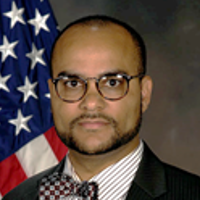
Dr. Daniel Zelik
Assistant Chief Scientist, 711th Human Performance Wing (711HPW), Air Force Research Laboratory (AFRL)
Dr. Dan Zelik, Assistant Chief Scientist, AFRL 711th Human Performance Wing
 August 1, 2023 09:15 am
August 1, 2023 09:15 am
Ellen Robinson
Air Force Research Laboratory/Air Force Office of Scientific Research

Dr. Reginald Williams
Office of Naval Research

Katie Wisecarver
Air Force Office of Scientific Research
09:15 - 09:30 AF: Ellen Robinson (YIP)
09:30 - 09:45 Navy: Dr. Reginald Williams (YIP)
09:45 - 10:00 AF: Katie Wisecarver (DURIP & MURI)
 August 1, 2023 10:00 am
August 1, 2023 10:00 am August 1, 2023 10:45 am
August 1, 2023 10:45 am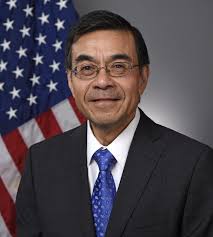
Michael Simpson
Naval STEM Grants Program Officer, Office of Naval Research, Department of Navy
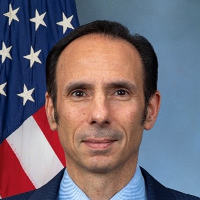
Michael Caccuitto
Branch Chief, Technology Integration and Outreach, Army Research Office, DEVCOM ARL
10:15 - 10:35 Army: Michael Caccuitto
10:35 - 10:55 Navy: Dr. Michael Simpson
10:55 - 11:00 Q&A
 August 1, 2023 10:15 am
August 1, 2023 10:15 am10:15 - 10:30 Joseph Curti, Testing Gravity with Atom Interferometry, ONR
10:30 - 10:45 Simon Evered, High-fidelity operation of a programmable neutral atom quantum computer, ARO
10:45 - 11:00 Austin Granmoe, Hybrid Integration of Quantum Dots with Programmable Silicon Nitride Photonics, ONR
11:00 - 11:15 Jack Hirschman, Towards Adaptable Ultrafast Electron Beam Shaping: Software Model for High Power Laser Systems, ONR
 August 1, 2023 10:15 am
August 1, 2023 10:15 am10:15 - 10:30 Andrew Graven, An Ergodic Approach to Rapid Constellation Design, Coverage Analysis and Collision Risk Assessment, AFOSR
10:30 - 10:45 Jackson Kulik, Error Analysis of Rendezvous in Cislunar Space, AFOSR
10:45 - 11:00 Alejando Diaz, Nonlinear manifold reduced order models with domain decomposition, AFOSR
11:00 - 11:15 Seth Temple, Statistical inference of recent and strong selection, ARO
 August 1, 2023 10:15 am
August 1, 2023 10:15 am10:15 - 10:30 Eytan Adler, Optimization of Hydrogen-Powered Aircraft, ONR
10:30 - 10:45 Matthew Asper, Active Phasing for Electric Rotorcraft Thrust Control, ARO
10:45 - 11:00 Noel Brindise, Explainability for Autonomous Systems, ARO
11:00 - 11:15 Miya Coimbra, Characterizing Turbulence Regimes in Jezero Crater on Mars, AFOSR
 August 1, 2023 10:15 am
August 1, 2023 10:15 am10:15 - 10:30 Grant Bauman, Fundamental Investigation into Soft Actuators Made from 3-D Printed Liquid Crystal Elastomers, ARO
10:30 - 10:45 Justin Bui, Modeling Bipolar Membranes for Electrochemical Carbon Capture, ARO
10:45 - 11:00 Drew Ells, Design Strategies for Beyond Li-ion Batteries, ONR
11:00 - 11:15 Nicole Emmons, Simultaneous, seconds-resolved intravenous and subcutaneous measurements of chemotherapeutics , ONR
 August 1, 2023 11:00 am
August 1, 2023 11:00 am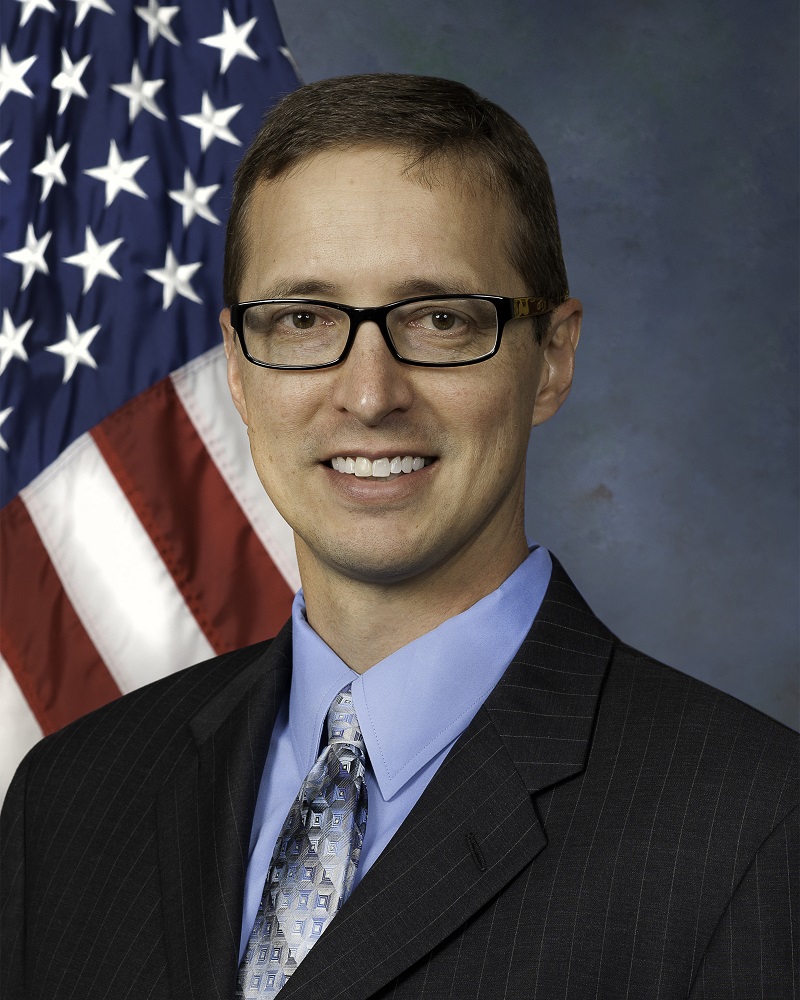
Mark Tschopp
Army Research Laboratory
Dr. Mark Tschopp, DEVCOM Army Research Laboratory
 August 1, 2023 12:00 pm
August 1, 2023 12:00 pm12:00 - 12:45 Lunch
12:45 - 01:30 Lunch Presentation: DARPA: Preventing Strategic Surprise
Alexander Pace, Michael Nayak
 August 1, 2023 01:40 pm
August 1, 2023 01:40 pm2 Hours (Meet in the lobby to board the bus at 1:40PM), San Pedro 1, 506 Doloroso Street
 August 1, 2023 01:30 pm
August 1, 2023 01:30 pm2.5 Hours (Meet in the lobby at 1:30PM to board the bus)
 August 1, 2023 01:45 pm
August 1, 2023 01:45 pmPoster/Exhibit Hall Open
 August 1, 2023 01:45 pm
August 1, 2023 01:45 pm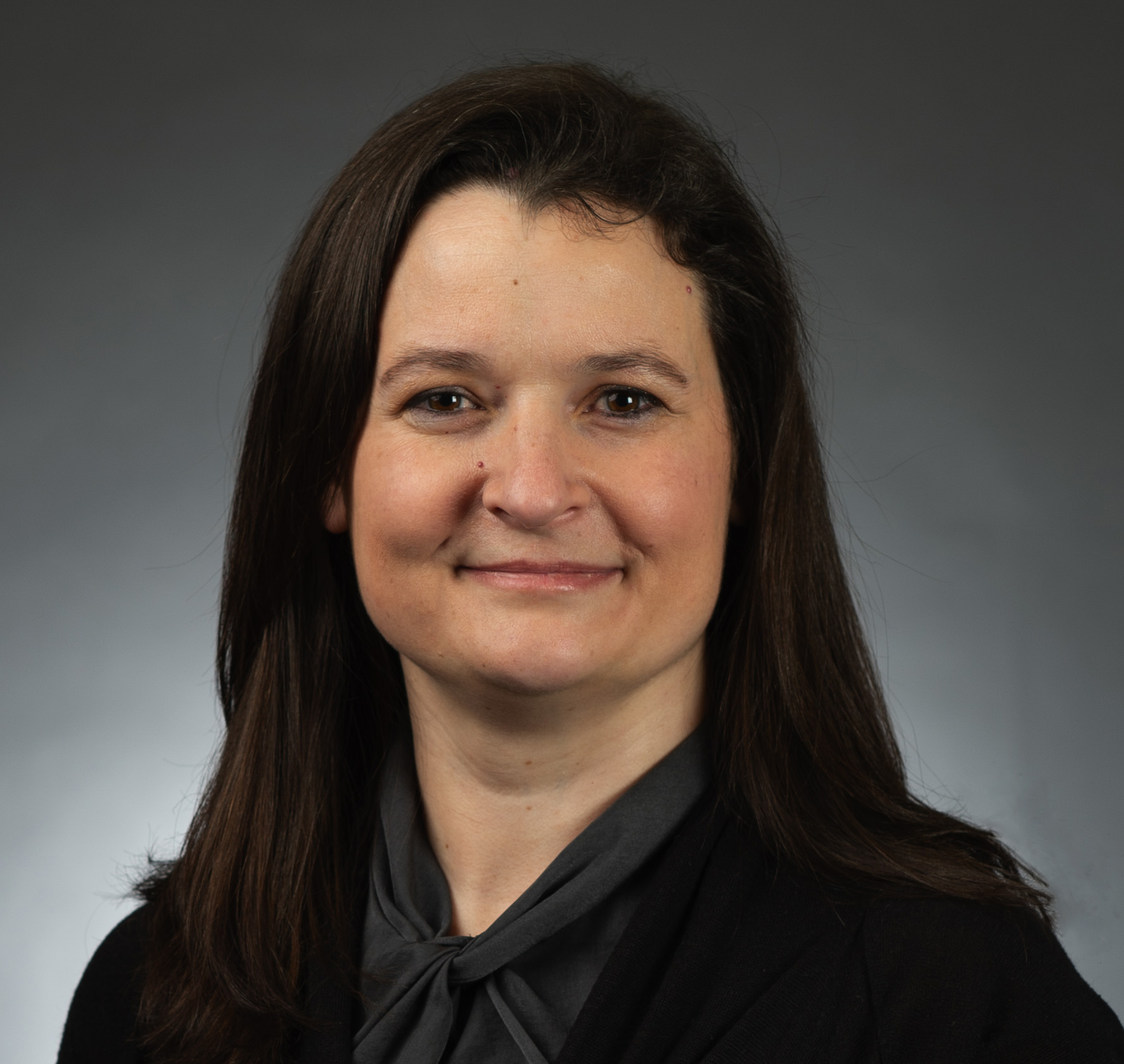
Abbie Watnik
US Naval Research Laboratory
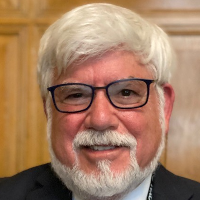
Eric Basques
National Academies of Sciences, Engineering, and Medicine

Mikeala Lambertucci
ARL-RAP, ORAU
Naval Research Laboratory: Dr. Abbie Watnik
National Acadamies of Science (NAS) Post Doctoral Programs: Dr. Eric Basques
Oak Ridge Associated Universities (ORAU) Post Doctoral Programs: Mikeala Lambertucci
 August 1, 2023 01:45 pm
August 1, 2023 01:45 pm01:45 - 02:00 Betty Hu, Stellar Collisions in Galactic Nuclei, AFOSR
02:00 - 02:15 Nicholas Miller, Search for Ultralight Dark Matter in the Audio Band via a Cryogenic Optical Cavity Comparison Experiment, ONR
02:15 - 02:30 Shreyas Parthasarathy, Probing the Deterioration of Shallow Nitrogen-Vacancy Centers in Vacuum Experiments, ARO
02:30 - 02:45 Adrien Stejer, ONR
 August 1, 2023 01:45 pm
August 1, 2023 01:45 pm01:45 - 02:00 Noah Bagazinski, Diffu-Ship: A Denoising Diffusion Probabilistic Model for Ship Hull Design Generation, ONR
02:00 - 02:15 Joseph Van Houten, Evaluating Fragility of Interdependent Design Spaces to Quantify the Risk of Space Reduction Decisions in Set-Based Design, ONR
02:15 - 02:30 Luke Carberry, Comparing submesoscale tracer variance from remote sensing to predictions: Implications for turbulent cascade and ocean modeling, ONR
 August 1, 2023 01:45 pm
August 1, 2023 01:45 pm01:45 - 02:00 Alexander Coppeans, Metric Conforming Mesh Adaptation Using Metric Conforming Node Movement and Edge Primitive Operations, AFOSR
02:00 - 02:15 Jewel Abbate, Liquid Metal Rotating Convection, AFOSR- Space Physics
 August 1, 2023 01:45 pm
August 1, 2023 01:45 pm01:45 - 02:00 Tanner Hickman, Design of polysaccharide-based material systems for applications in high humidity, ONR
02:00 - 02:15 Corwin Kerr, Towards a Colloidal Crystal Robot Gripper, AFOSR
02:15 - 02:30 Aarti Mathur, Atomic Scale Characterization of Nanoparticle Electrocatalysts on Semiconductor Solar Water Splitting Devices, ARO
02:30 - 02:45 Montana Minnis, Self-assembly of shape-morphing microgels, ARO
 August 1, 2023 02:45 pm
August 1, 2023 02:45 pm
Michael Simpson
Naval STEM Grants Program Officer, Office of Naval Research, Department of Navy
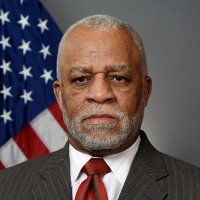
Mr. William H. Ellis, Jr.
Federal Action Officer, Naval STEM Coordination Officer, Office of Naval Research
Navy: Dr. Michael Simpson
Navy: Mr. William Ellis
 August 1, 2023 02:45 pm
August 1, 2023 02:45 pm02:45 - 03:00 Hamza Raniwala, Heterogeneous Integration of Nearly Indistinguishable SnV- Centers on a Photonic Interposer, ARO
03:00 - 03:15 Wesley Roberts, Stability of open quantum systems, AFOSR
03:30 - 03:45 Julia Speicher, Photospheric Radius Expansion Bursts, AFOSR
 August 1, 2023 02:45 pm
August 1, 2023 02:45 pm02:45 - 03:00 Emily Hayden, Bering Sea warming in the late 20th and early 21st century, ONR
03:00 - 03:15 Dakota Lewis, Predicting the effects of climate change and large-scale restoration on coastal ecosystems, ONR
 August 1, 2023 02:45 pm
August 1, 2023 02:45 pm02:15 - 02:30 Zachary Stein, ARO, Non-Destructively Capturing Residual Stress from CMAS-related Degradation of EB-PVD Thermal Barrier Coatings through 3D Confocal Raman Renderings
02:30 - 02:45 Connor Morency, Shock Stand-Off Distance and Supersonic Turbulent Boundary Layers, ONR
03:15 - 03:30 Tyler Topham, Characterization of Background Pressure Facility Effects on a Gridded Ion Engine Operation, ONR
03:30 - 03:45 Jacob Willis, Solid State Formation Flying, ONR
 August 1, 2023 02:45 pm
August 1, 2023 02:45 pm02:45 - 03:00 Henry Squire, Nanomaterials for plant immune priming, ONR
03:00 - 03:15 Anthony Stohr, Metabolite-responsive protein assemblies for dynamic control of microbes, AFOSR
03:15 - 03:30 Elizabeth Voke, Characterization of Protein Corona on Lipid Nanoparticles, AFOSR
03:30 - 03:45 Nicholas Zakaria, Unusual Reactivity of a Novel Cobalt–Nitride Complex: Insights from X-Ray Spectroscopies, AFOSR
 August 1, 2023 03:30 pm
August 1, 2023 03:30 pm Dr. Laura Steckman
Program Officer, Air Force Office of Scientific Research (AFOSR),
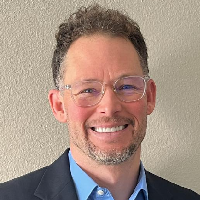
Dr. Gregory Ruark
Technical and Core Mission Support and Acting Program Manager, DEVCOM ARL Army Research Office

Dr. Thomas Creely
U.S. Naval War College
3:30 - 3:45 AF/SF: Dr. Laura Steckman
3:45 - 4:00 Army: Dr. Gregory Ruark
4:00 - 4:15 Navy: Dr. Thomas Creely
 August 1, 2023 04:30 pm
August 1, 2023 04:30 pm August 1, 2023 05:00 pm
August 1, 2023 05:00 pm August 2, 2023 07:30 am
August 2, 2023 07:30 am August 2, 2023 08:00 am
August 2, 2023 08:00 amPoster/Exhibit Hall Open
 August 2, 2023 08:00 am
August 2, 2023 08:00 am2.5 Hours (Meet in the lobby at 8AM to Board the bus)
 August 2, 2023 08:00 am
August 2, 2023 08:00 am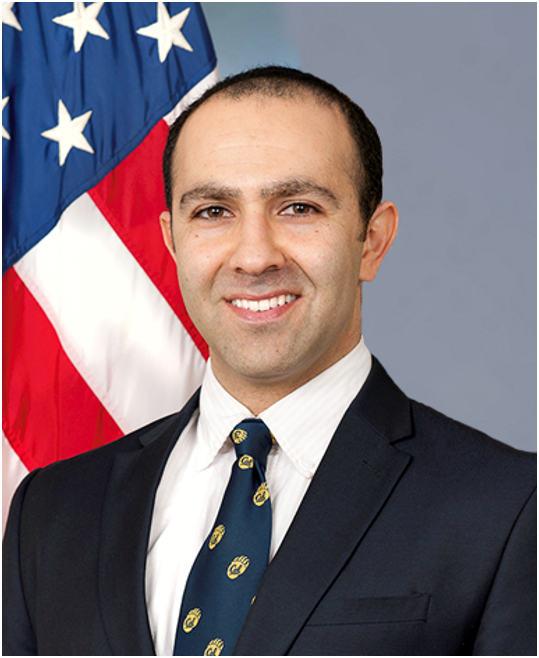
Dr. Pete Khooshabeh
Cognitive Scientist and ARL West Regional Lead, DEVCOM ARL West
Dr. Peter Kooshabeh, Regional Site Lead, DEVCOM ARL West
 August 2, 2023 08:00 am
August 2, 2023 08:00 am08:00 - 08:15 Katherine Van Kirk, Hardware-efficient learning of quantum many-body states, AFOSR
08:30 - 08:45 Yihua (Adrianne) Zhong, Upper and lower bounds for optimal excess work through transport inequalities, ARO
 August 2, 2023 08:00 am
August 2, 2023 08:00 am08:00 - 08:15 Hersh Bhargava, Rational design of T cells that overcome immunologically cold tumors, ARO
08:15 - 08:30 Jaelyn Bos, Modeling coral reef microclimates, ARO
08:30 - 08:45 Brandon Chen, Investigating the role of ER-mitochondria contact sites in regulating compartmentalized tumor metabolism, ARO
08:45 - 09:00 Brandon Desousa, Discovering dual localized proteins in hypoxia, ARO
 August 2, 2023 08:00 am
August 2, 2023 08:00 am08:00 - 08:15 Brandon Fricker, Neural Circuitry of Gregariousness in Spiny Mice (Acomys cahirinus), AFOSR
08:15 - 08:30 Isaac Handley-Miner, Examining truth in the ‘Post-Truth Era’, AFOSR
08:30 - 08:45 Chris Kymn, Residue vector symbolic architectures enable efficient neural algorithms, ONR
08:45 - 09:00 Kelsey Neuenswander, Adversaries or Allies? Perception of Mixed-Sex Vocal Ensembles, ARO
 August 2, 2023 08:30 am
August 2, 2023 08:30 am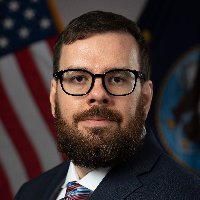
Dr. Evan Austin
Chief Scientist, Center for High Assurance Computer Systems, Naval Research Laboratory
Dr. Evan Austin, Navy
 August 2, 2023 08:30 am
August 2, 2023 08:30 amDr. Jose Salinas, Research Scientist, ISR
 August 2, 2023 09:00 am
August 2, 2023 09:00 am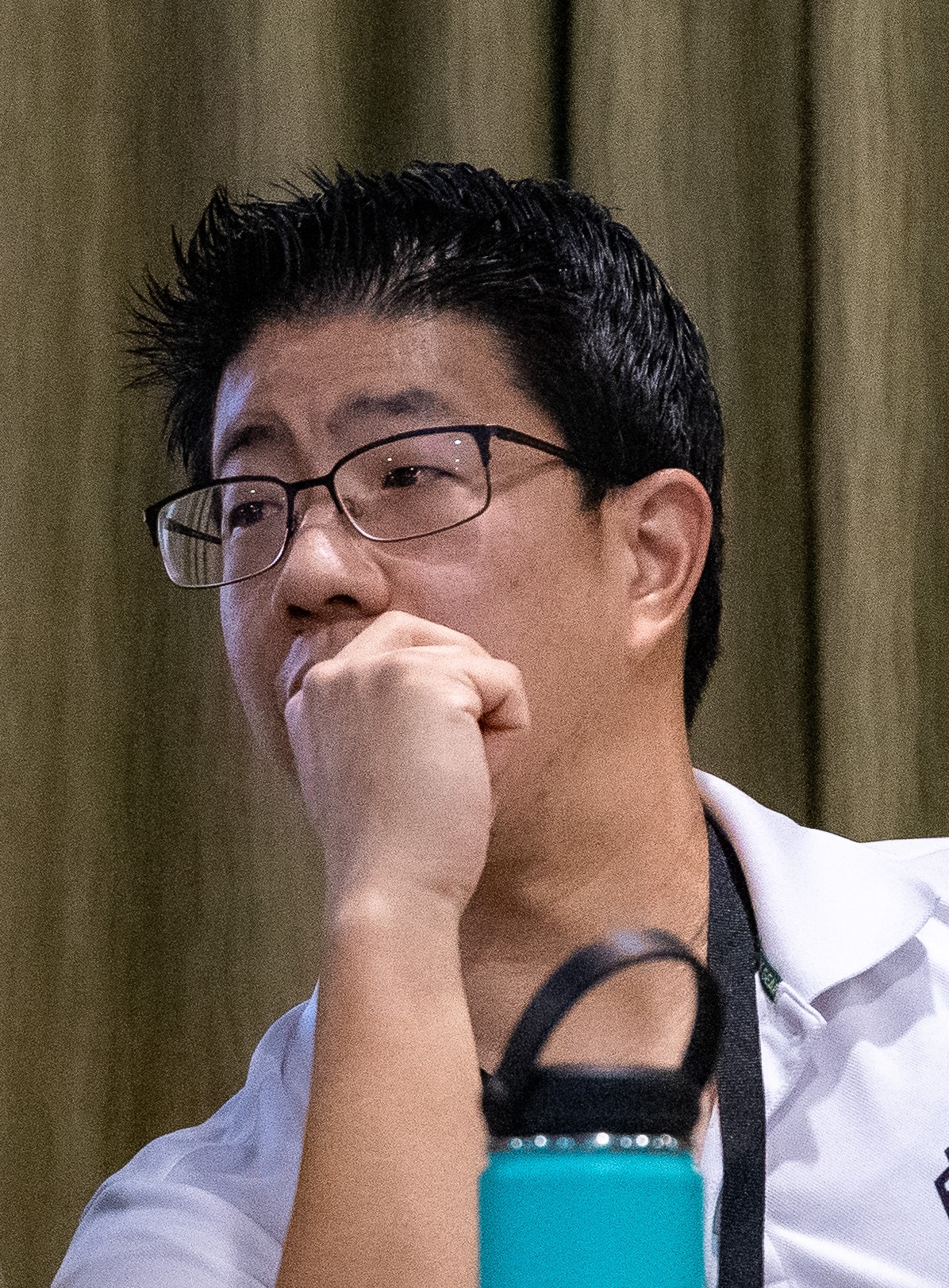
Dr. Benjamin Wong
DEVCOM ARL
 August 2, 2023 09:45 am
August 2, 2023 09:45 am August 2, 2023 10:15 am
August 2, 2023 10:15 am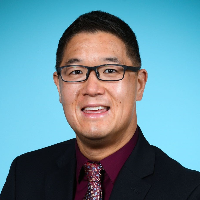
Dr. Jason Wong
Dr. Jason Wong, Navy
 August 2, 2023 10:15 am
August 2, 2023 10:15 am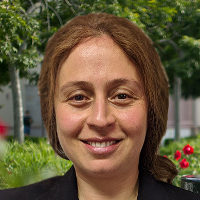
Dr. Raheleh Dilmaghani
Navy
Dr. Raheleh Dilmaghani, Navy
 August 2, 2023 10:15 am
August 2, 2023 10:15 am10:15 - 10:30 Christopher Absil, Exploring 4-Mn Core Cluster Oxidation, ONR
10:30 - 10:45 Jerika Chiong, Molecular Design and Degradation Lifetimes of Semicrystalline to Near-Amorphous Degradable Semiconducting Polymers, ARO
10:45 - 11:00 Christopher Dade, Inhibiting the Intramembrane Aspartic Acid Protease PilD: A novel antivirulence target in Pseudomonas aeruginosa, ARO
11:00 - 11:15 Benjamin Kruse, ARO
 August 2, 2023 10:15 am
August 2, 2023 10:15 am10:15 - 10:30 Kelsey Hern, Designing Lower Airway Probiotic Communities for Preventing and Detecting Respiratory Infection, ARO
10:30 - 10:45 Katarina Heyden, Exposure to excess dietary folic acid does not affect tissue folic acid accumulation in a mouse model of vitamin B12 deficiency, ARO
10:45 - 11:00 Grace Hu, Programming 4D-Bioprinted Tissue via Cellular Self-Organization, ARO
11:00 - 11:15 Ami Krasner, Characterization of Kidney Damage Caused by Exposure to the Biotoxin Domoic Acid in Free-Ranging California Sea lions, ONR
 August 2, 2023 10:15 am
August 2, 2023 10:15 am10:15 - 10:30 Isabella Ebert, Predicting Leader Potential: Incremental Validity of Organizational Knowledge Beyond Cognitive Ability
10:30 - 10:45 Avery Garcia, Test Anxiety: Presence and Severity within USAF Testing Populations
10:45 - 11:00 Lt. Alven Lerma & Victoria Trabysch, T-1A ForeFlight Software Operational Utility Evaluation
11:00 - 11:15 Heather Moore, Undergraduate Pilot Training: 2.5 Syllabus
11:15 - 11:30 Lt. Michael Cevallos, English Comprehension Level Test Study
 August 2, 2023 10:45 am
August 2, 2023 10:45 am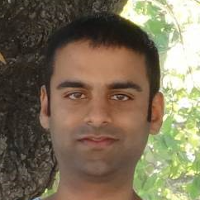
Dr. Gunjan Verma
Computer Scientist, Army Research Laboratory
Dr. Gunjan Verma, ARL-South
 August 2, 2023 10:45 am
August 2, 2023 10:45 am Dr. Laura Steckman
Program Officer, Air Force Office of Scientific Research (AFOSR),

Dr. Gregory Ruark
Technical and Core Mission Support and Acting Program Manager, DEVCOM ARL Army Research Office

Dr. Thomas Creely
U.S. Naval War College
AF/SF: Dr. Laura Steckman
Army: Dr. Gregory Ruark
Navy: Dr. Thomas Creely
 August 2, 2023 11:15 am
August 2, 2023 11:15 am
Dr. Leslie Blaha
Deputy Chief Scientist, AFOSR
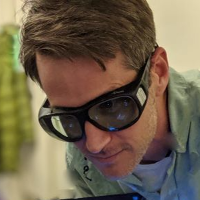
Dr. Paul Kunz
Chief of the Quantum Science & Technology Branch, DEVCOM Army Research Laboratory

Abbie Watnik
US Naval Research Laboratory
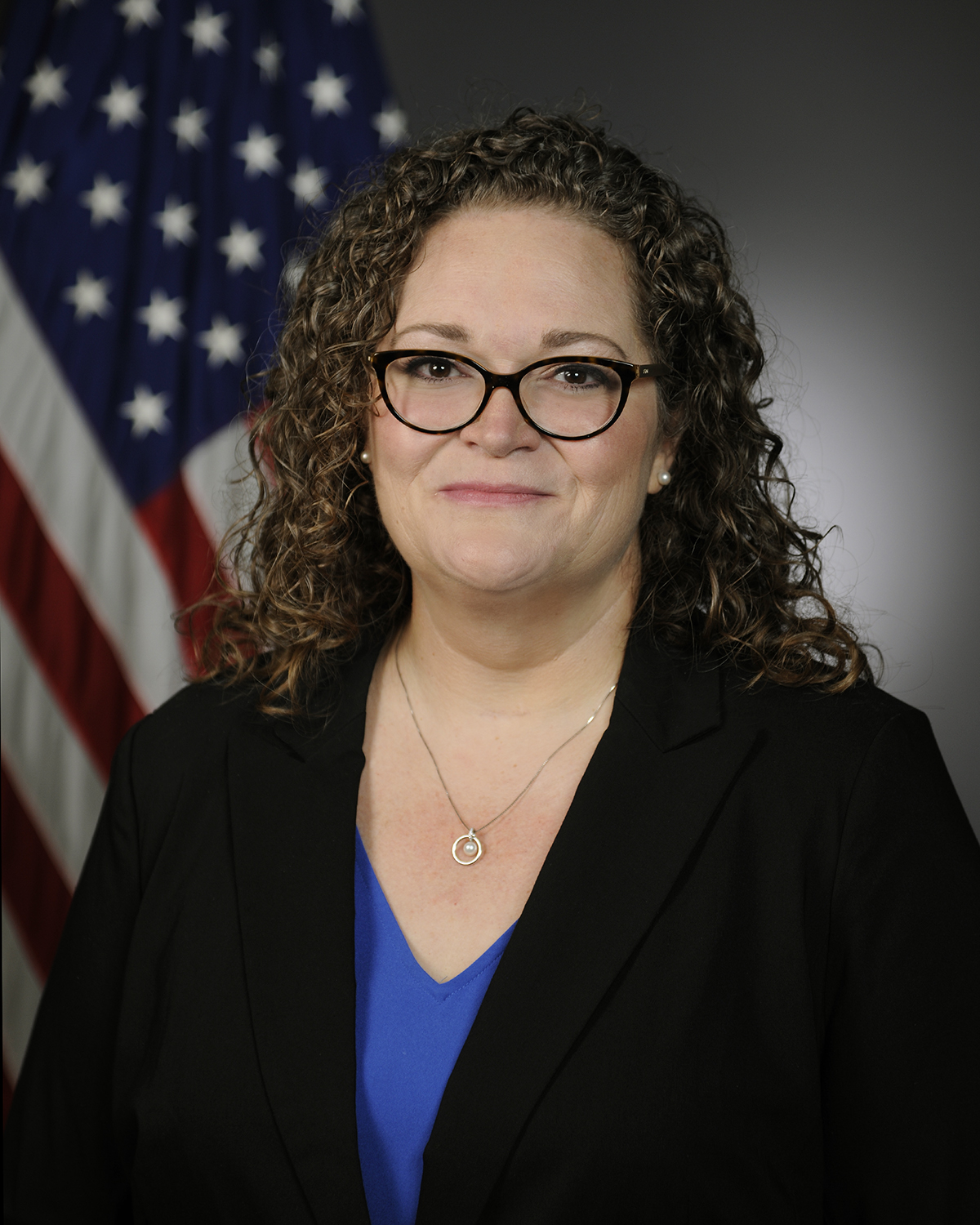
Christine Covas-Smith
Air Force Research Lab
AF: Dr. Leslie Blaha
AF: Dr. Christine Covas-Smith
ARO: Dr. Paul Kunz
NRL: Abbie Watnik
 August 2, 2023 12:15 pm
August 2, 2023 12:15 pm12:15 - 12:45 Lunch
12:45 - 01:30 DoD Science & Engineering Career Tracks - HR Departments
 August 2, 2023 12:30 pm
August 2, 2023 12:30 pm2.5 Hours (Board the bus for tour at 12:30 PM - Hilton Lobby Area)
 August 2, 2023 01:30 pm
August 2, 2023 01:30 pmPoster/Exhibit Hall Open
 August 2, 2023 01:30 pm
August 2, 2023 01:30 pm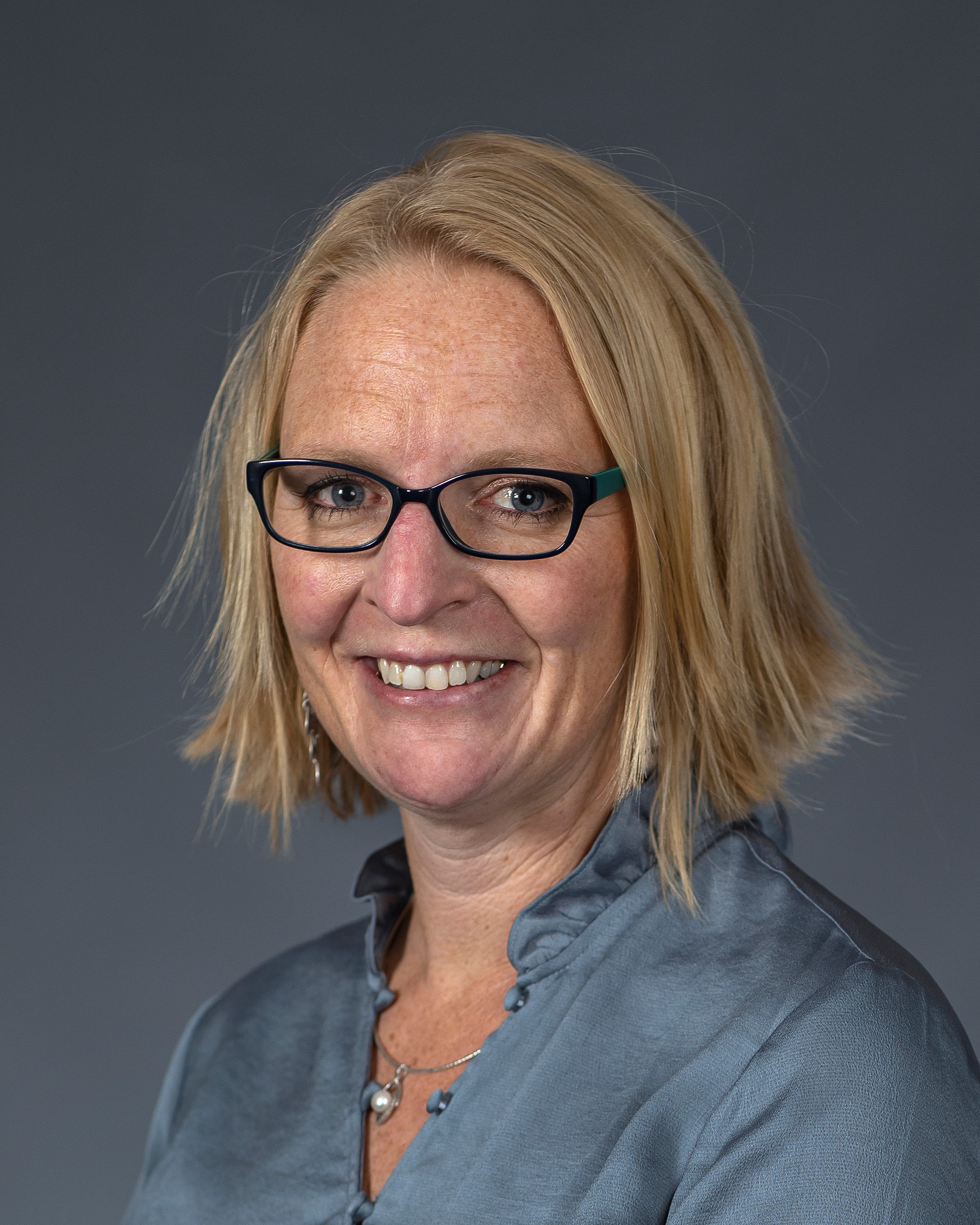
Corinne Beach
SMART Scholarship Program
Corrine Beach, SMART Deputy Program Manager
 August 2, 2023 01:30 pm
August 2, 2023 01:30 pm01:30 - 01:45 Samantha Lauro, Optimization of Battery Energy Density Through Substrate Free Electrode Design, ARO
01:45 - 02:00 James O'Connor, Exploiting Molecular Chirality for Designing Qubits in the Solid State, AFOSR
02:00 - 02:15 Ashley Ogorek, Switchable DNA Catalysts for Stimuli-Responsive Chemistry, ARO
02:15 - 02:30 Eric Ostrander, Impact of Dopants in n-Type Organic Semiconductors, AFOSR
02:30 - 02:45 Claudia Prindle, Designs Towards Single Molecule Field-Effect Transistors, AFOSR
02:45 - 03:00 Charlotte Thomas, Stress Engineering Dendrite Resistant Solid Electrolytes via Ion Implantation, ONR
 August 2, 2023 01:30 pm
August 2, 2023 01:30 pm01:30 - 01:45 Joy Li, Comparison of Machine Learning Models for SERS Analysis of Biomarkers in Medical Diagnostics, AFOSR
01:45 - 02:00 Gabriella Muwanga, The Triggering Receptor Expressed on Myeloid Cells 1 (TREM1) in the acute-to-chronic pain transition after injury, ARO
02:00 - 02:15 Lily Neff, Role of macrophages in regression of myocardial fibrosis following alleviation of left ventricular pressure oveload, AFOSR
02:15 - 02:30 Andrew Schmidt, Variable Oxygen Conditions and Cardiomyocyte Structure and Function in Novel Immuno-Heart-on-a-Chip, AFOSR
02:30 - 02:45 Alexander Starr, Human-chimpanzee cell fusions to understand the genetic basis of uniquely human traits, AFOSR
02:45 - 03:00 Helen Sakharova, "Rules for Synonymous Codon Choice: When do Suboptimal Codons Matter?", ARO
 August 2, 2023 01:30 pm
August 2, 2023 01:30 pm01:30 - 01:45 Camille Phaneuf, Characterizing Age-Related Change in Learning the Value of Cognitive Effort, ARO
01:45 - 02:00 Stephanie Williams, Sensory stimulation drives fluid flow in the human brain, ARO
02:00 - 02:15 Heidi Myers, Toward Multi-Modal, UAV-Based UXO and Landmine Detection: Development of a Tetrahedral Magnetic Gradiometer, ARO-GEO
02:15 - 02:30 Vladislav Sevostianov, Developments in Mid-IR Optical Sensing for Agricultural Nitrous Oxide Measurements, ARO-GEO
 August 2, 2023 01:30 pm
August 2, 2023 01:30 pm
Abbie Watnik
US Naval Research Laboratory

Eric Basques
National Academies of Sciences, Engineering, and Medicine

Mikeala Lambertucci
ARL-RAP, ORAU
Naval Research Laboratory: Dr. Abbie Watnik
National Acadamies of Science (NAS) Post Doctoral Programs: Dr. Eric Basques
Oak Ridge Associated Universities (ORAU) Post Doctoral Programs: Mikeala Lambertucci
 August 2, 2023 02:00 pm
August 2, 2023 02:00 pm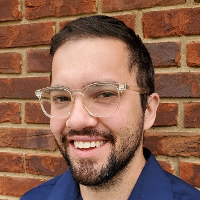
Kevin Cox
Army
Dr. Kevin Cox, Army
 August 2, 2023 02:30 pm
August 2, 2023 02:30 pm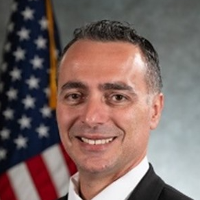
Mr. Jamil Toubia
Integration Platform Manager, Naval Information Warfare Center Pacific
Jamil Tobias, Navy
 August 2, 2023 03:00 pm
August 2, 2023 03:00 pm August 2, 2023 03:15 pm
August 2, 2023 03:15 pm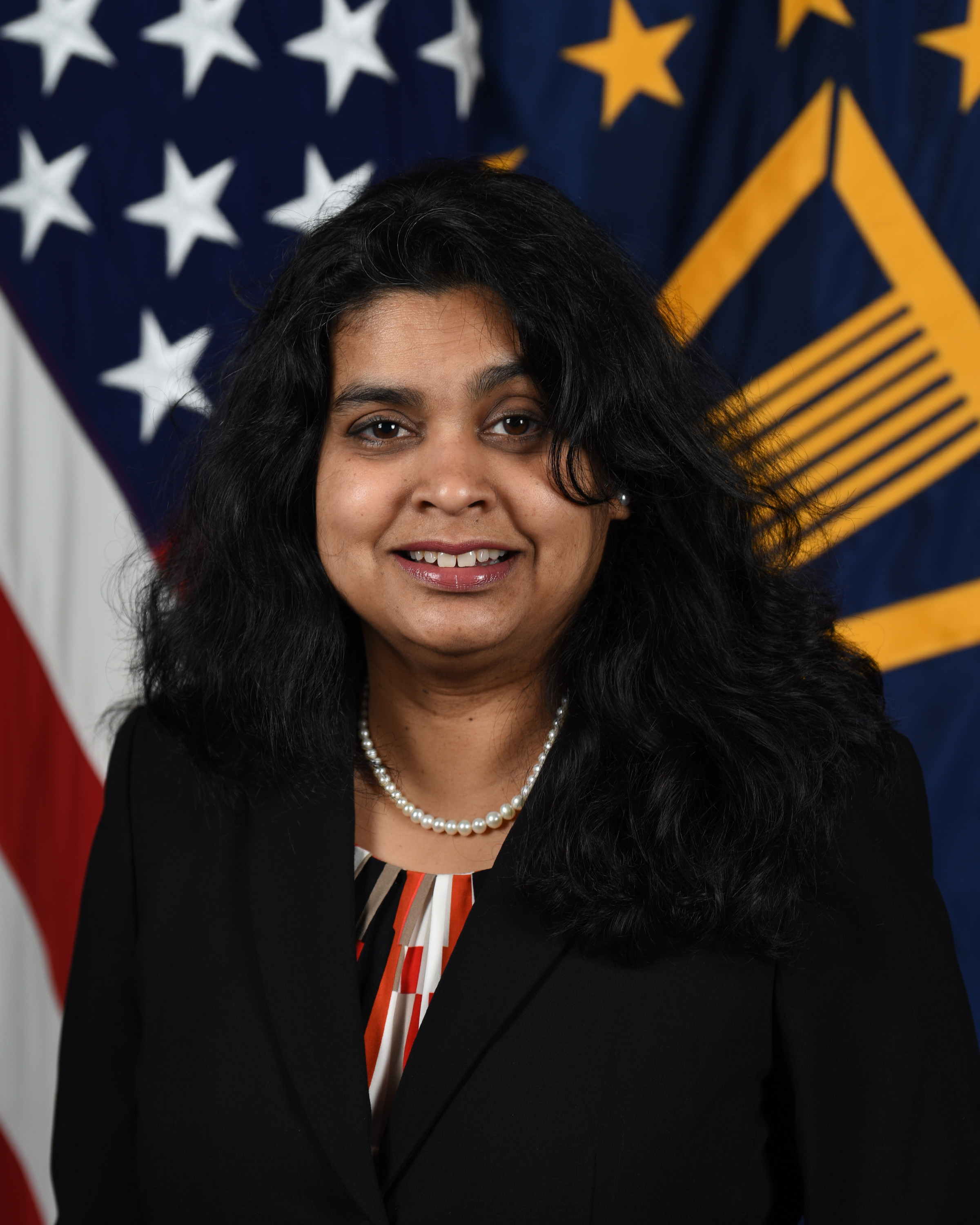
Dr. Bindu Nair
Director of Basic Research, Office of the Under Secretary of Defense (OUSD)
Dr. Bindu Nair, OSD Basic Research, Director
 August 2, 2023 03:45 pm
August 2, 2023 03:45 pm
Dr. Bindu Nair
Director of Basic Research, Office of the Under Secretary of Defense (OUSD)
Dr. Bindu Nair, OSD Basic Research, Director
 August 2, 2023 04:30 pm
August 2, 2023 04:30 pm August 2, 2023 05:00 pm
August 2, 2023 05:00 pm August 3, 2023 07:30 am
August 3, 2023 07:30 am August 3, 2023 08:00 am
August 3, 2023 08:00 am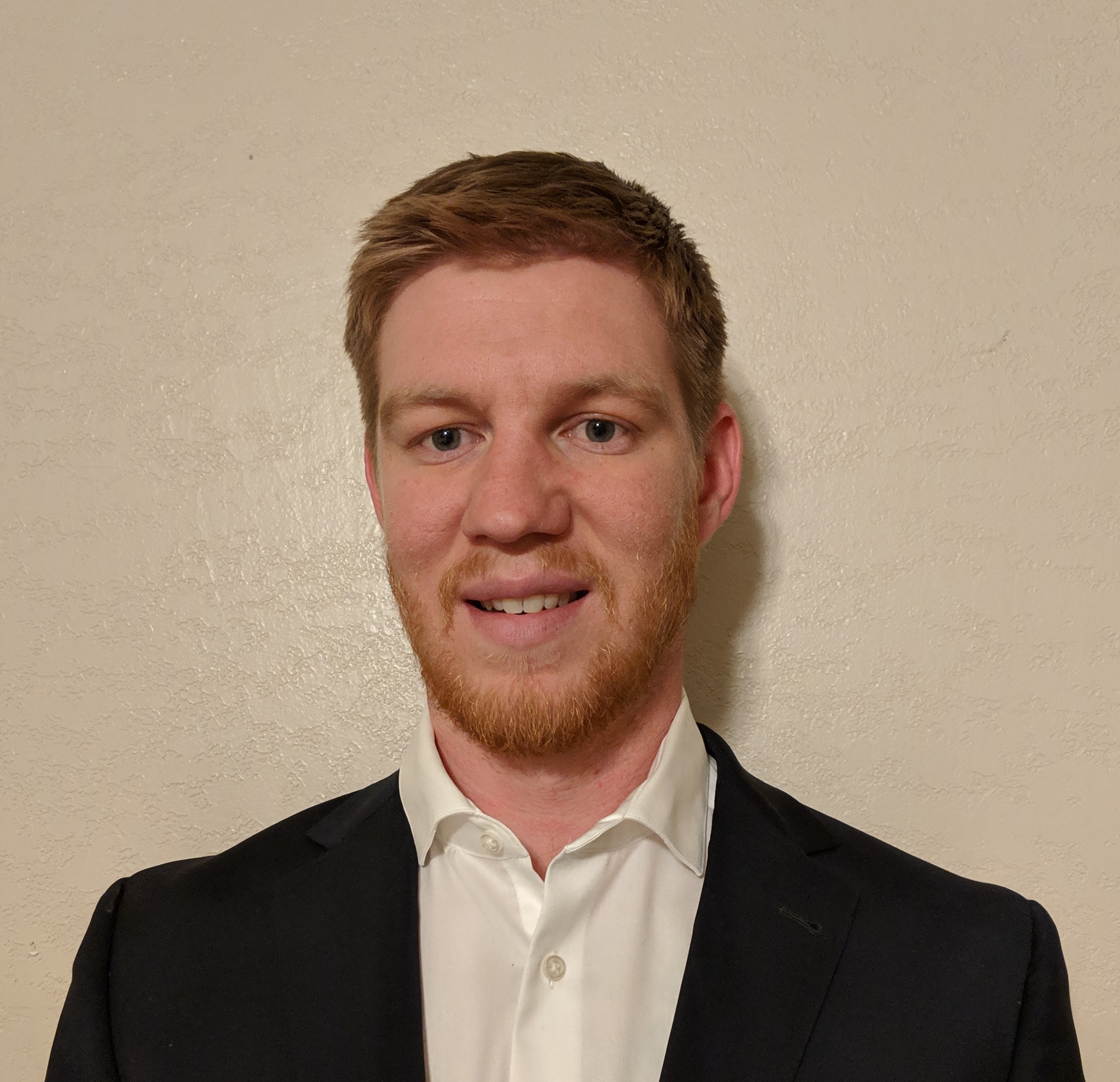
Brian Bojko
Naval Research Laboratory
 August 3, 2023 08:30 am
August 3, 2023 08:30 am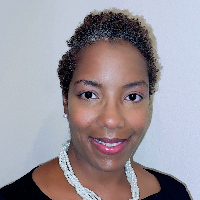
Dr. Kelly Nash
Physics Professor, Associate Vice Provost for Faculty Success, University of Texas at San Antonio
 August 3, 2023 09:00 am
August 3, 2023 09:00 am August 3, 2023 09:30 am
August 3, 2023 09:30 am
Wendy Okolo
NASA
“From Drones to Air Taxis: Modeling, Predicting, and Mitigating Unsafe Autonomous Vehicle Operations in the National Airspace.”
 August 3, 2023 10:00 am
August 3, 2023 10:00 am August 3, 2023 10:15 am
August 3, 2023 10:15 am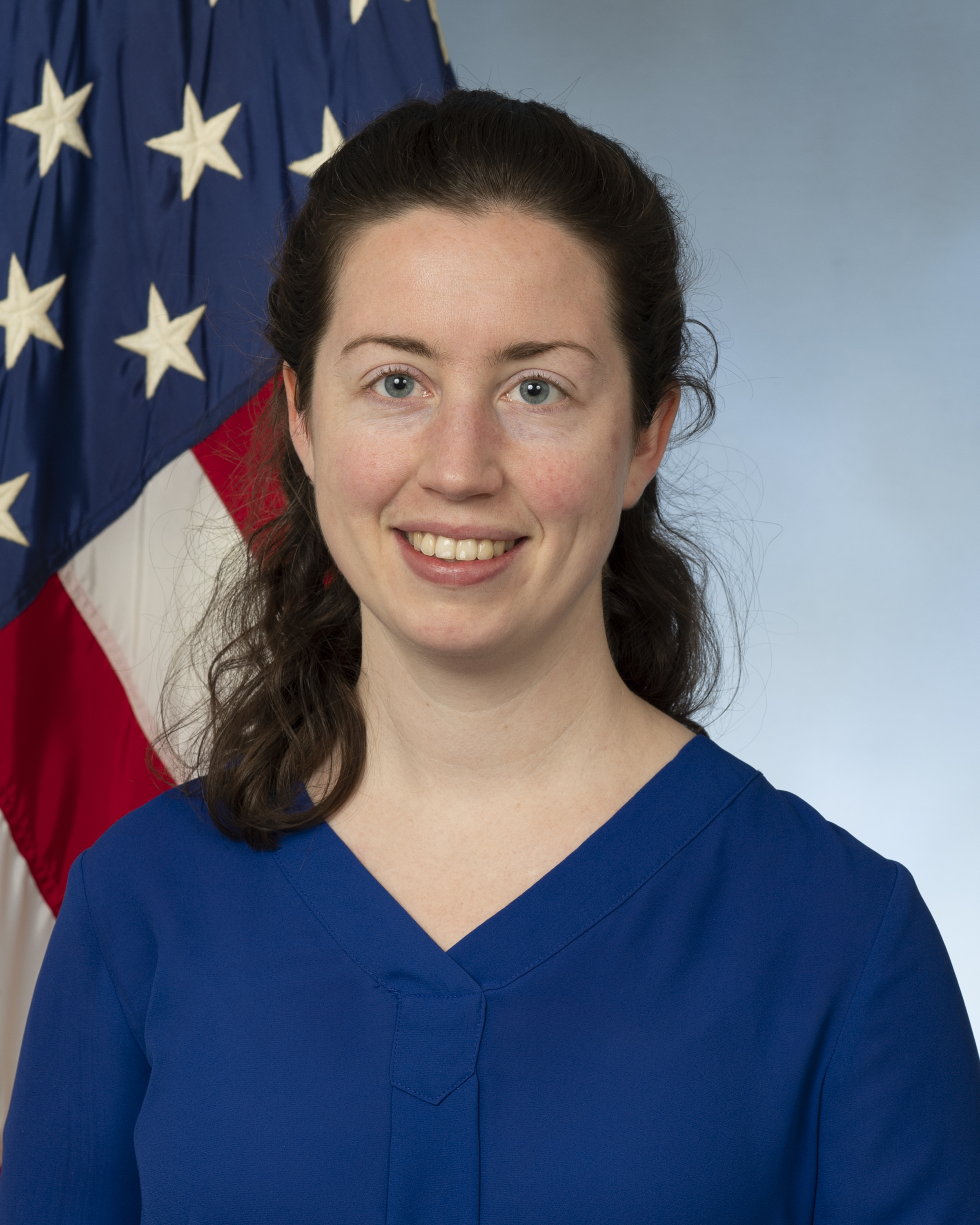
Kathleen Coleman
DEVCOM Army Research Lab
 August 3, 2023 10:45 am
August 3, 2023 10:45 am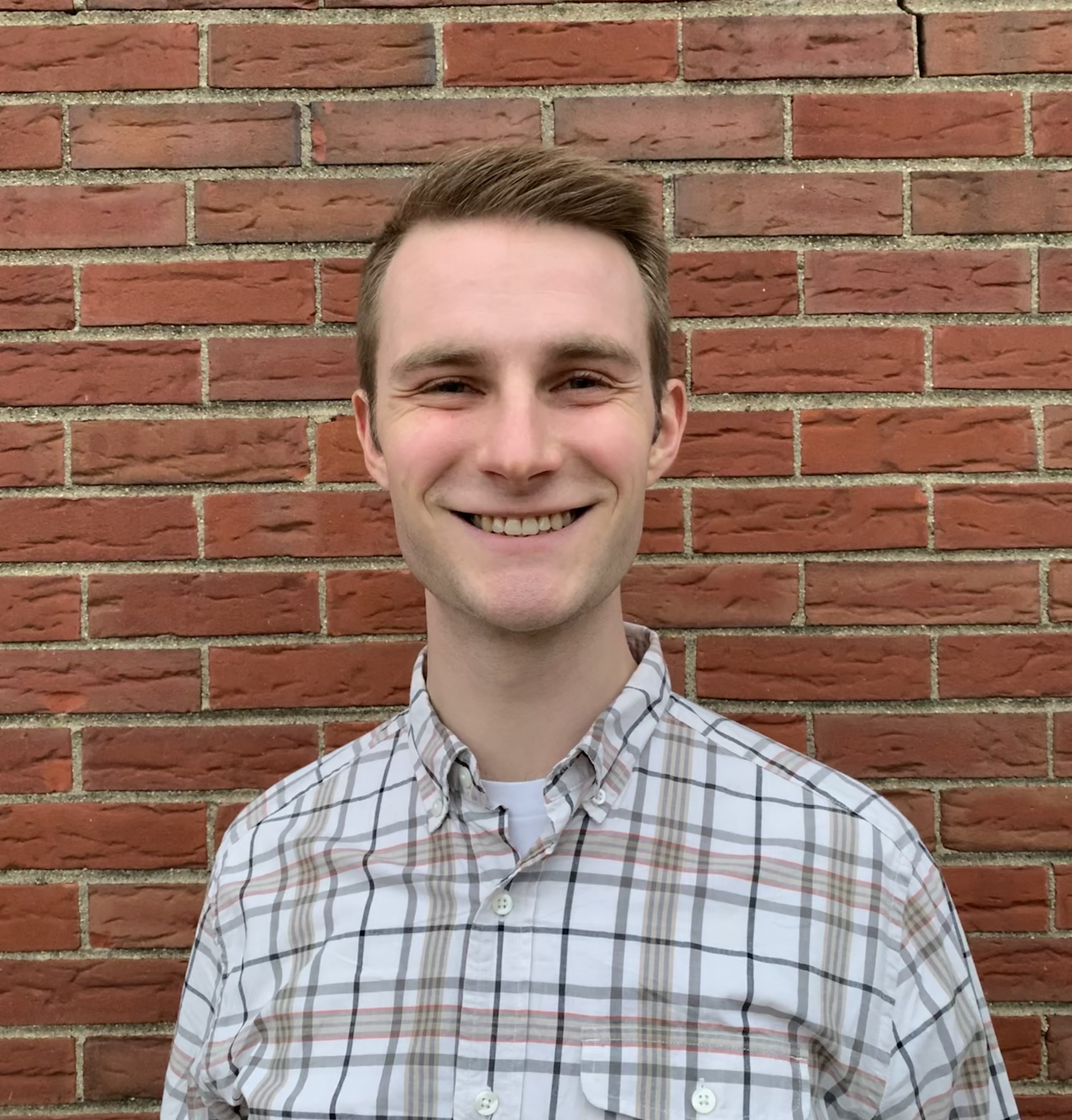
Erik Braun
National Academies of Sciences, Engineering, and Medicine
 August 3, 2023 11:15 am
August 3, 2023 11:15 amLt Col John Priestly, Air Force Personnel Center (AFPC)
 August 3, 2023 12:15 pm
August 3, 2023 12:15 pm August 3, 2023 01:15 pm
August 3, 2023 01:15 pm
Wendy Okolo
NASA
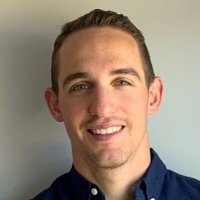
Dr. Michael McKay
Lockheed Martin
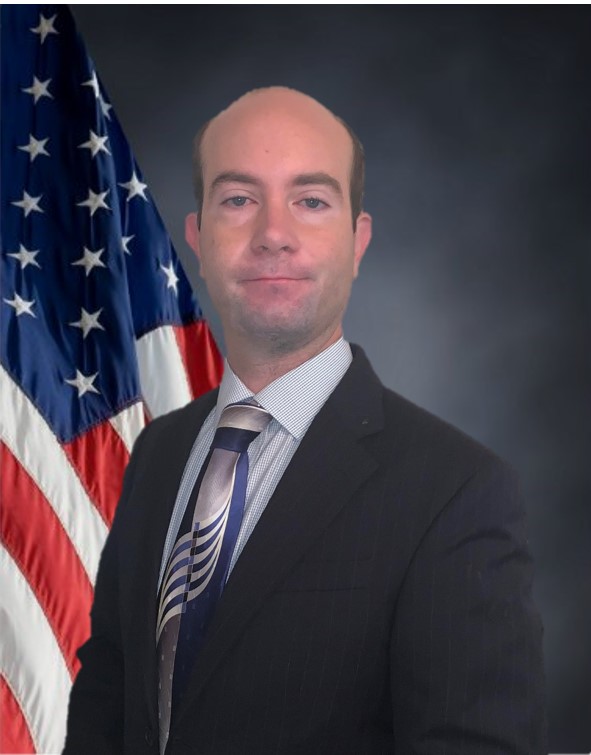
Francis Phillips
US Army DEVCOM ARL

Kevin Cox
Army
01:15 - 01:25 Dr. Wendy Okolo (Air Force/NASA)
01:25 - 01:35 Dr. Michael Mckay (Army)
01:35 - 01:45 Dr. Francis Phillips (Air Force/Army)
01:45 - 01:55 Dr. Kevin Cox (Army)
01:55 - 02:15 Q&A
 August 3, 2023 02:15 pm
August 3, 2023 02:15 pm
Corinne Beach
SMART Scholarship Program
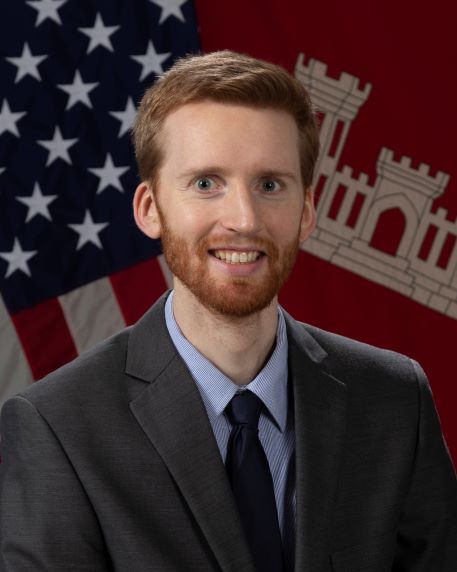
Brian Harris
US Army Corps of Engineers
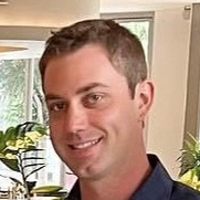
Dr. Benjamin Whitmore
Oceanographer Scientist, NIWC-Pacific
Dr. Samantha Koutsares, Naval Surface Warfare Center - Crane
 August 3, 2023 03:15 pm
August 3, 2023 03:15 pm August 3, 2023 04:00 pm
August 3, 2023 04:00 pm August 3, 2023 05:00 pm
August 3, 2023 05:00 pm05:00 - 05:45 Dinner Served (Background Music)
05:45 - 05:50 Opening Remarks: Ellen Robinson
05:50 - 05:55 Introduction of Guest Speaker: Dr. Jen Becker
05:55 - 06:20 Guest Speaker: Dr. Bindu Nair, OSD Basic Research, Director
06:20 - 07:20 Awards Ceremony: NDSEG Agency Leads
07:20 - 07:25 Closing Remarks: Ivory Chaney, Michael Simpson, Ellen Robinson
07:25 - 07:30 Retiring of the Colors
Who Should Attend?
This is a closed event. All Attendees must be invited to attend, or request approval. For conference approval or questions please send an email to ndseg@its-jv.com or submit a request.
